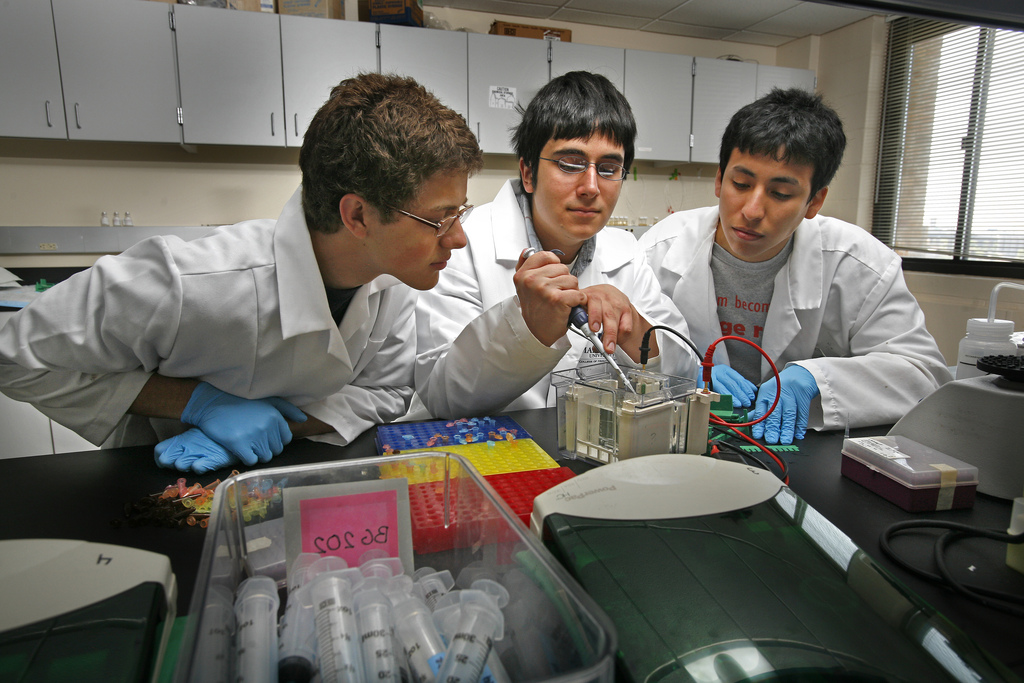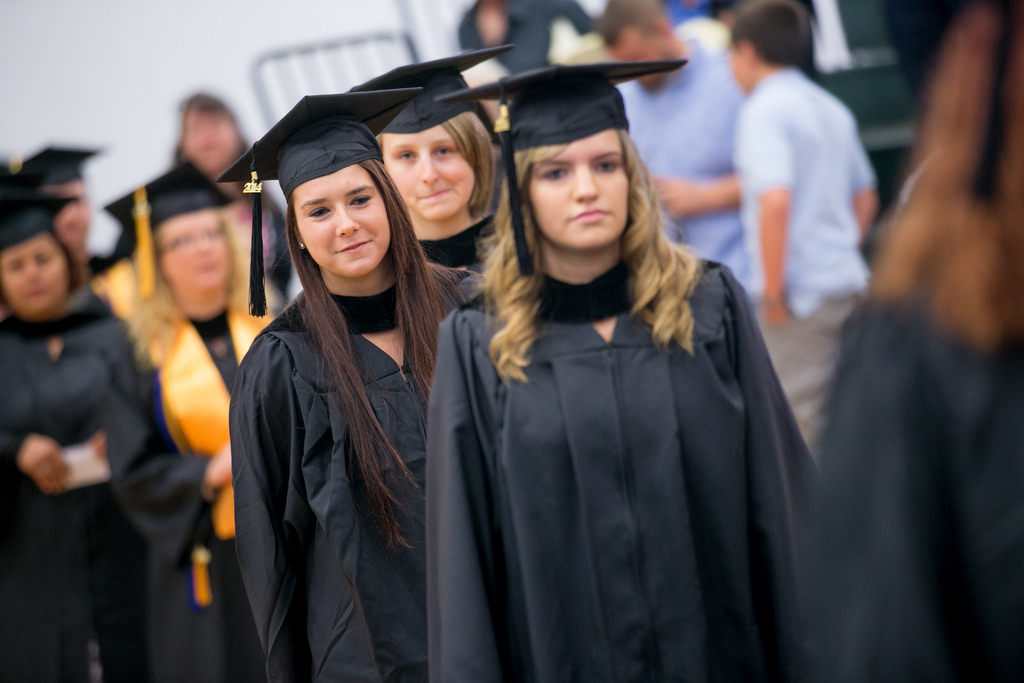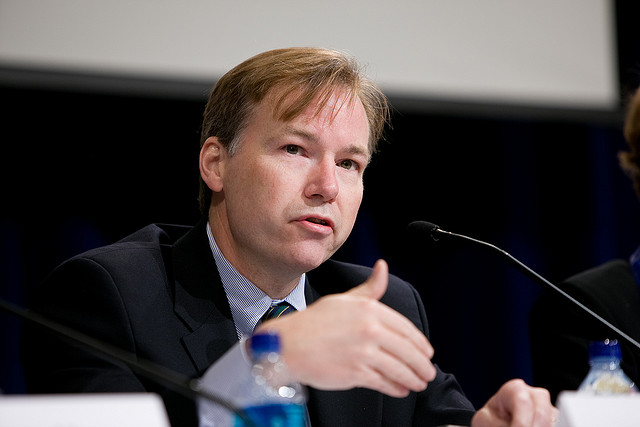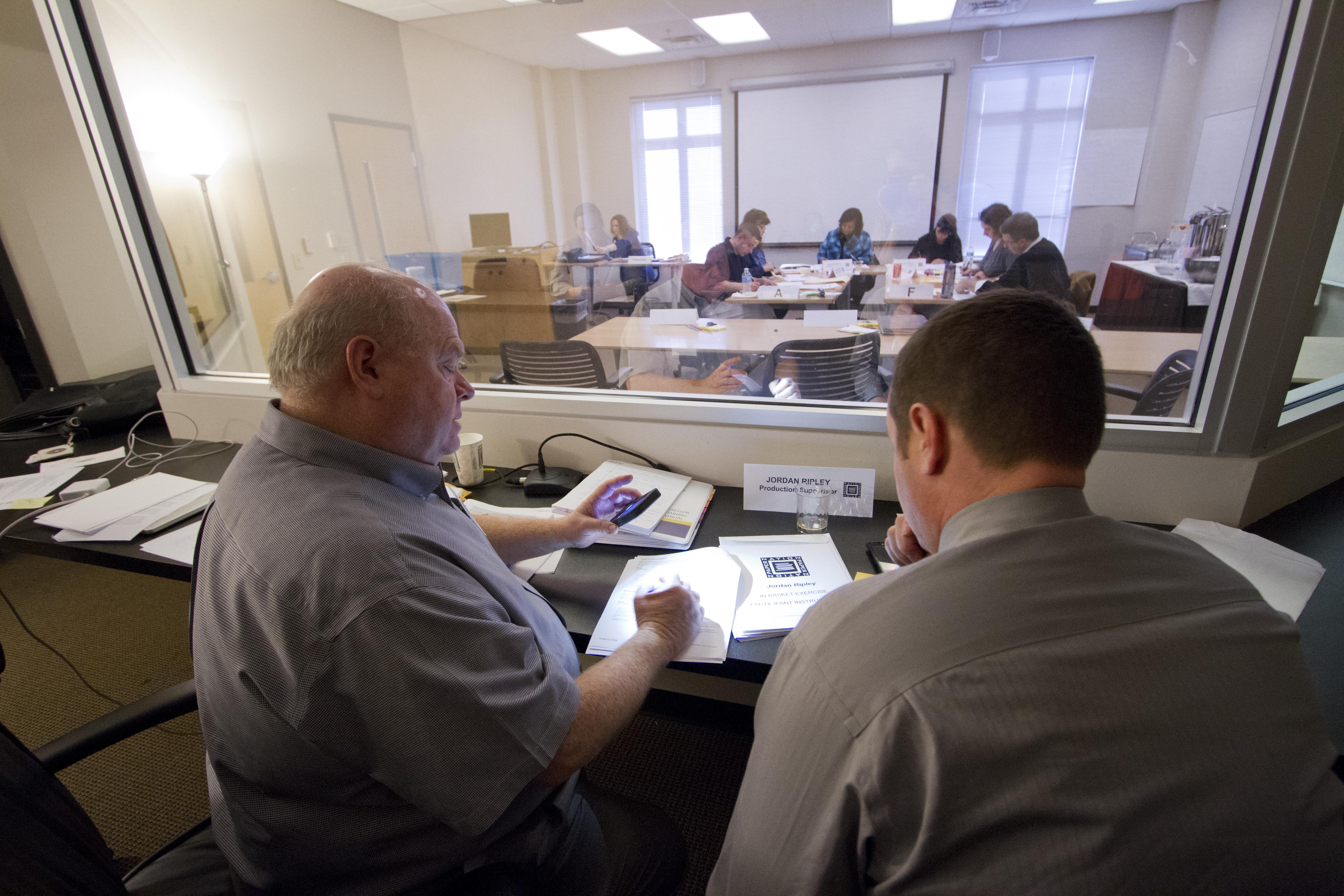Entries in On Campus by Kirk Carapezza and Mallory Noe-Payne

____________________________________________________
Three years ago, sociologists Richard Arum and Josipa Roksa found that college students learn little while in school. Their book, Academically Adrift, shocked the academy and provoked angry responses.
Now, the two provocateurs are back. Their sequel is called Aspiring Adults Adrift. It follows the same students after graduation and concludes that schools focus on social life rather than academics, and that levies a high tariff on young adults. WGBH's On Campus recently sat down with Arum, and asked him why he wanted to track these young adults as they attempt to enter the working world.

____________________________________________________
School is almost back in session, and high school juniors and seniors are looking at colleges, trying to find the best fit. Families often turn to rankings, like U.S. News & World Report. But this year, Washington Monthly magazine is out with a different kind of college ranking, one where neither Harvard nor Stanford come out on top. Editor Paul Glastris calls it the "Bang for the Buck" list.

____________________________________________________
The buzz around open online courses - often free and occasionally for credit - is fading. But as tuition prices and student debt soar, online learning continues to grow. One of the largest providers of massive open online courses, or MOOCs, is Harvard and MIT's edX. Some 2.5 million people have signed up for these classes, ranging from the Introduction to Computer Science to The Ancient Greek Hero.
So what do most students get for completing one of these courses? New knowledge and maybe a certificate of completion, but no credit. WGBH’s On Campus caught up with a student-researcher who predicts colleges and universities will soon offer some form of credit for MOOCs.

International students are enrolling in American colleges in huge numbers, boosting the U.S. economy with tuition dollars and diversifying classrooms. But many of those students don't end up staying and working. Critics say that's because the U.S. isn't handing out enough work visas, which sends these talented grads home.
Growing up in Colombia, Felipe Spinel got a bachelor's degree and then worked for ten years in Bogota's struggling tech sector, saving enough money to study abroad. In 2010, Spinel was accepted into Boston University's two-year MBA program.

It's eight in the morning, and Debra Zhang is heading to work. She grabs her keys and umbrella, slips on her shoes, and steps on to Boylston Street in Boston's Fenway neighborhood.
Zhang is one of the more than 800,000 international students that attended American colleges and universities last year -- more than 46,000 of them in Massachusetts. And schools are expecting a spike this fall. This trend has implications both for international and domestic students.

In today's tight job market, increasingly, the public often views college as a way to learn the skills necessary to find a fulfilling career, but many don't realize that research is close to the heart of those who work in higher education. In his recent essay, The Soul of the Research Institution, Nicholas Lemann, staff writer at the New Yorker, defends the value of university research.
In Nashville last month, WGBH's On Campus sat down with Lemann to talk about research and higher education.

During this graduation season, many students are reflecting on their college experience and wondering what's next. A new poll from Gallup and Purdue University measures what about a college experience can lead to engaging careers and great jobs.
Gallup interviewed more than 30,000 college graduates from across the nation and WGBH's On Campus talked to Brandon Busteed of Gallup about the results.

Big data. Twitter. Media startups. The way we all communicate and consume the news has changed significantly, and journalism schools are racing to keep up -- to teach their students the skills necessary in a rapidly shifting media landscape.
Last year, Columbia University's Graduate School of Journalism revamped its curriculum and students are now learning how to tweet and write code. Steve Coll is dean of the journalism school. WGBH's On Campus recently sat down with Coll to talk about professional higher education.
In a striking move, part-time faculty at Northeastern University voted to unionize Thursday, making it the third Boston-area college in the past seven months to do so.
Thursday's vote is part of a popular national movement to give part-time professors collective bargaining rights at a time when colleges and universities are increasingly depending on their work. More than half of Northeastern's faculty is part-time, though the university notes that adjuncts deliver about 27 percent of all instruction.











